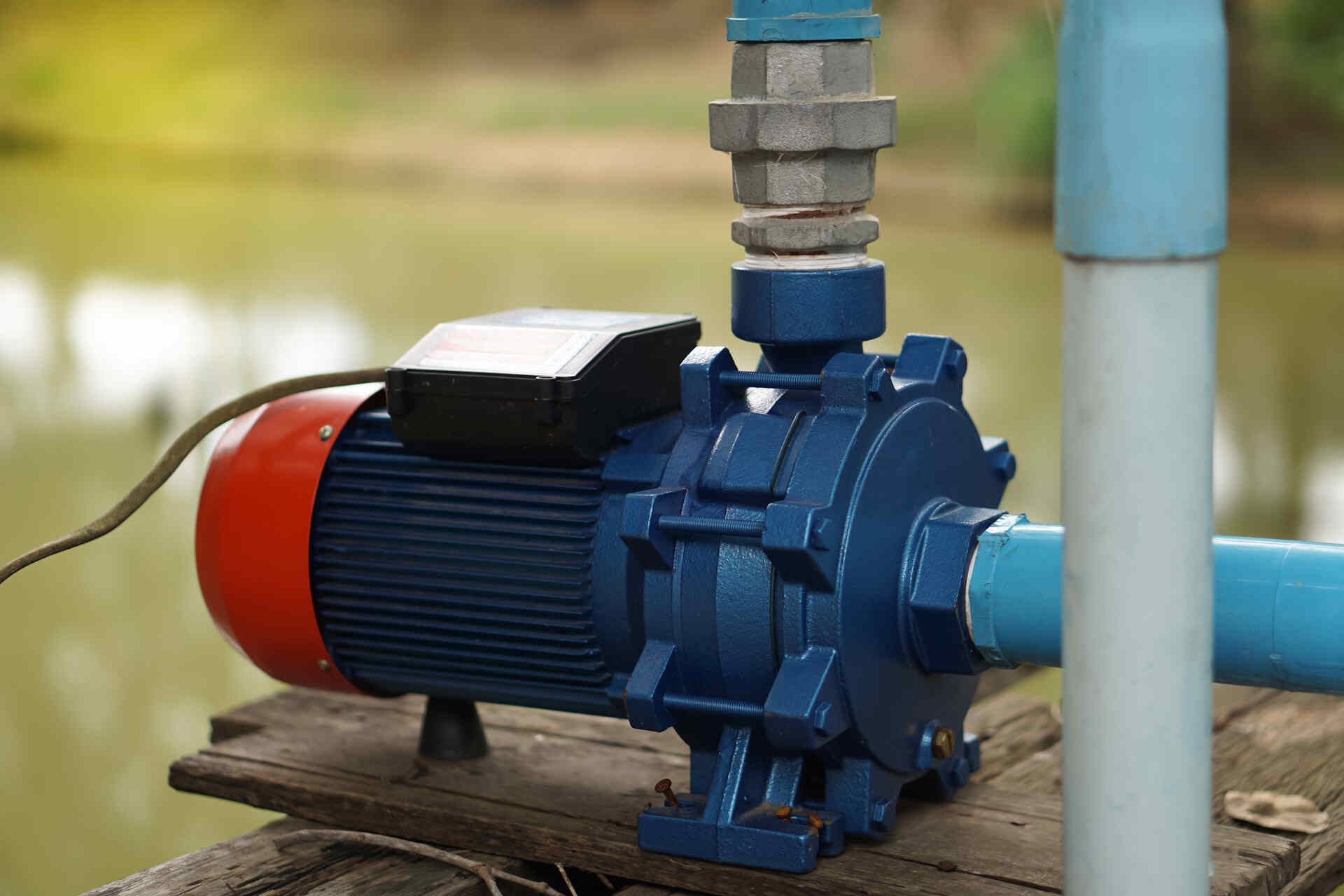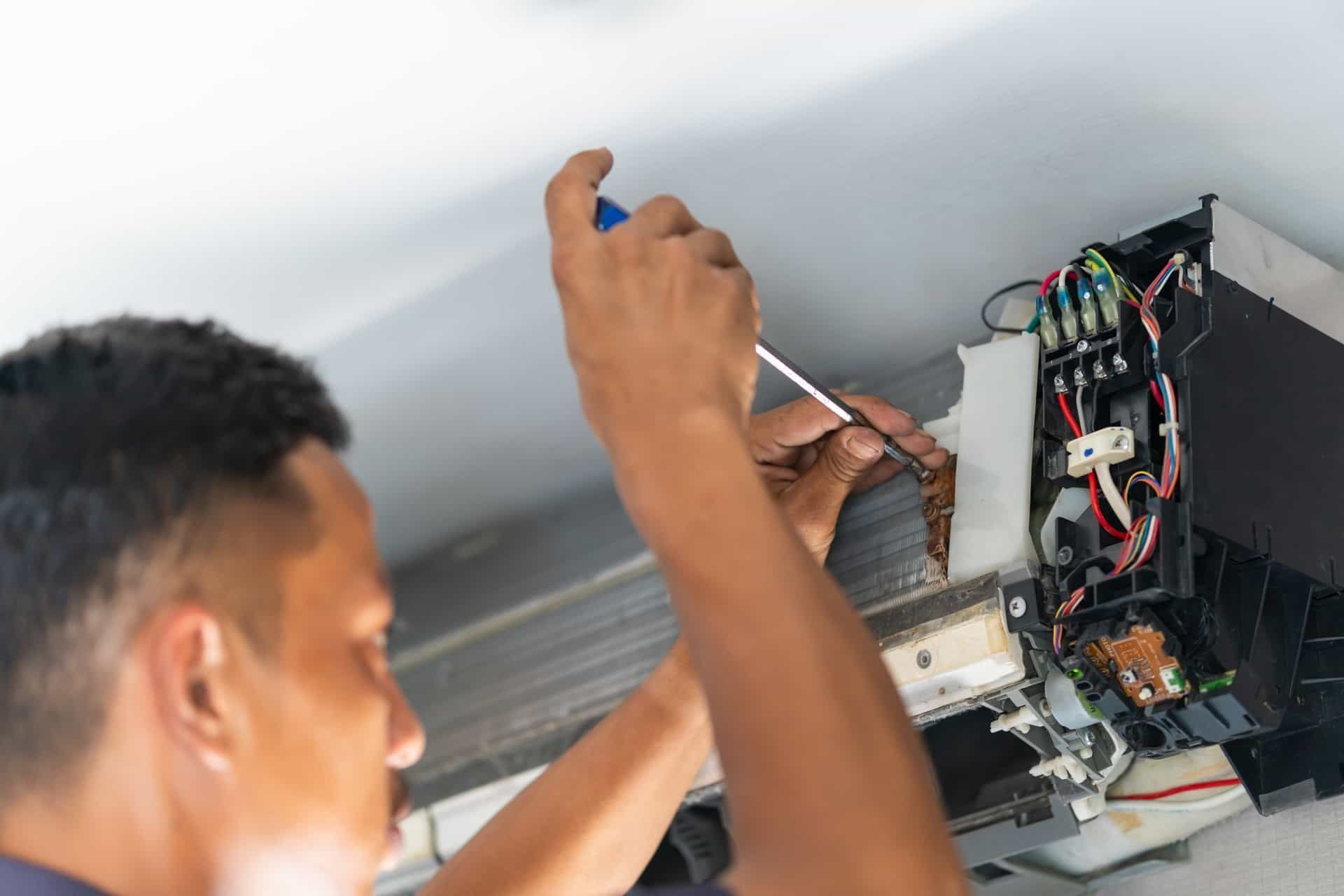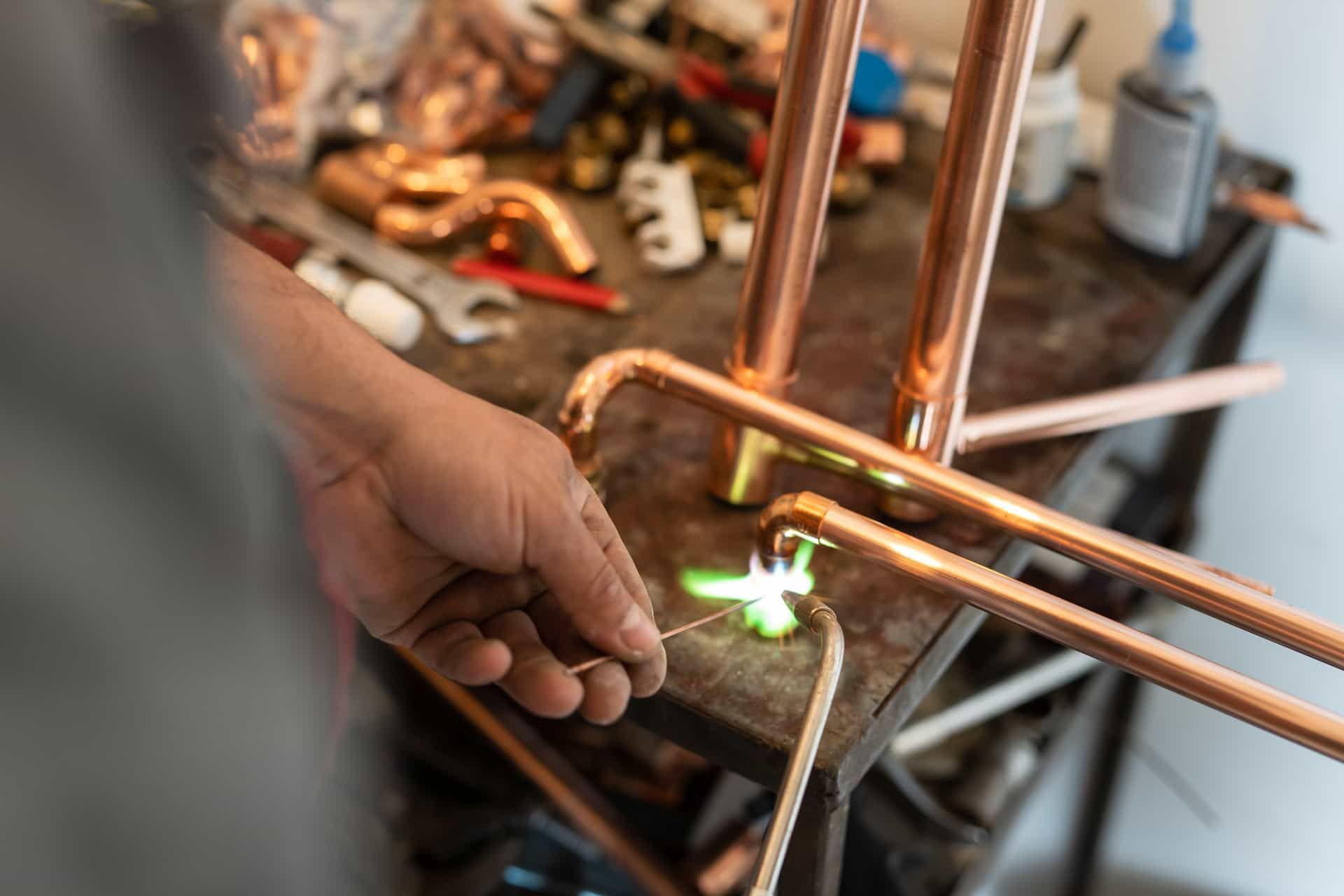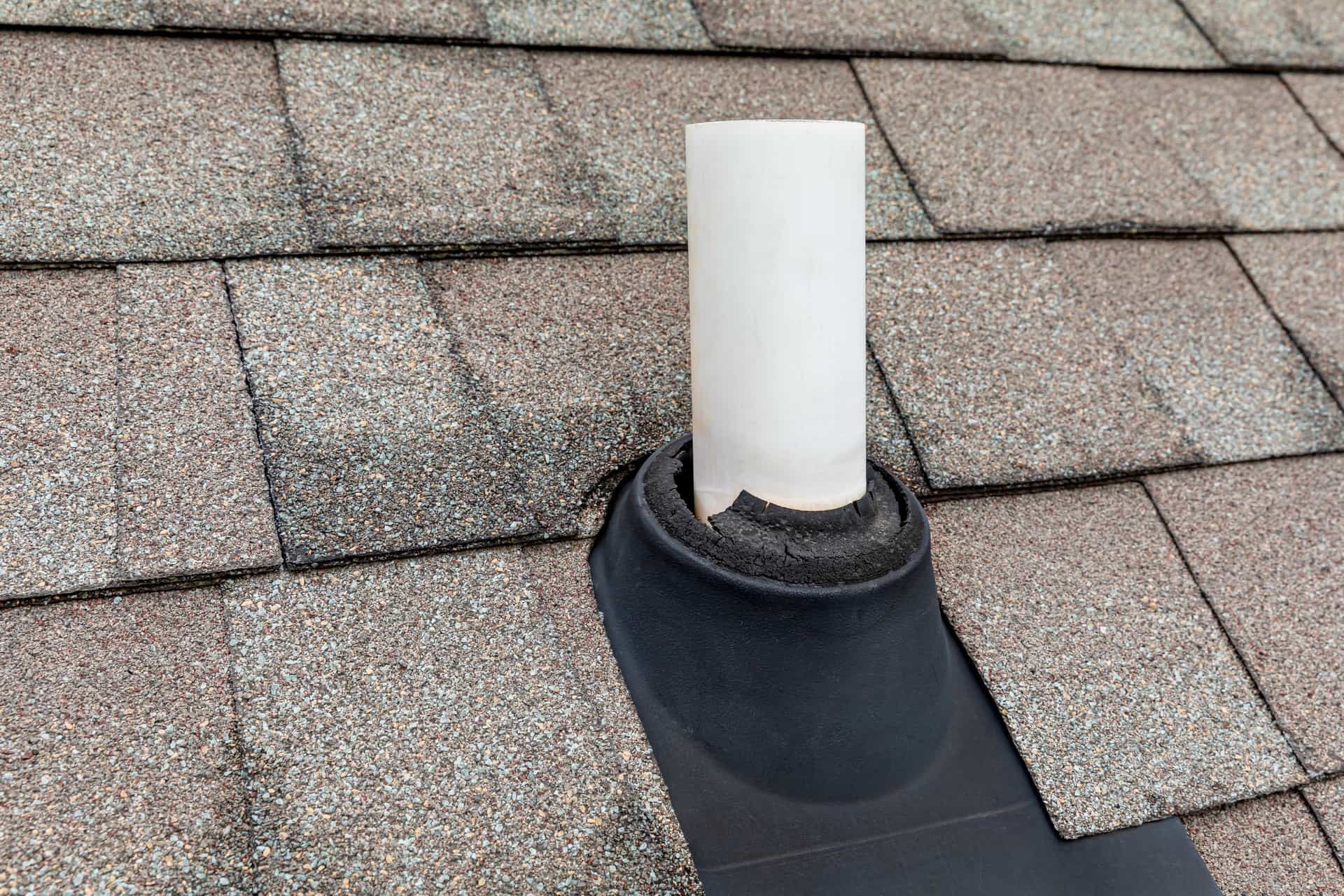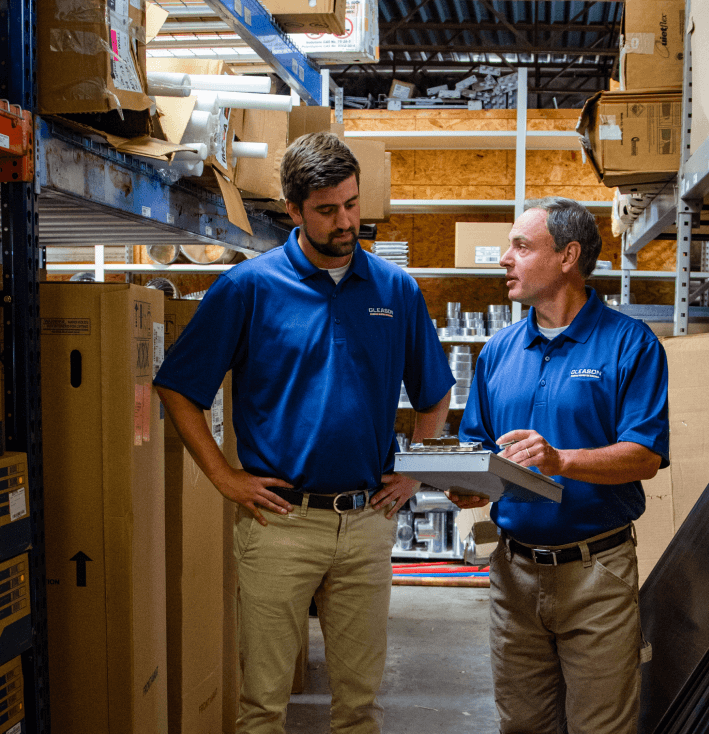Articles
HVAC Contractor Tips and Articles For Your Home
How to Prepare Your HVAC System for Seasonal Changes?
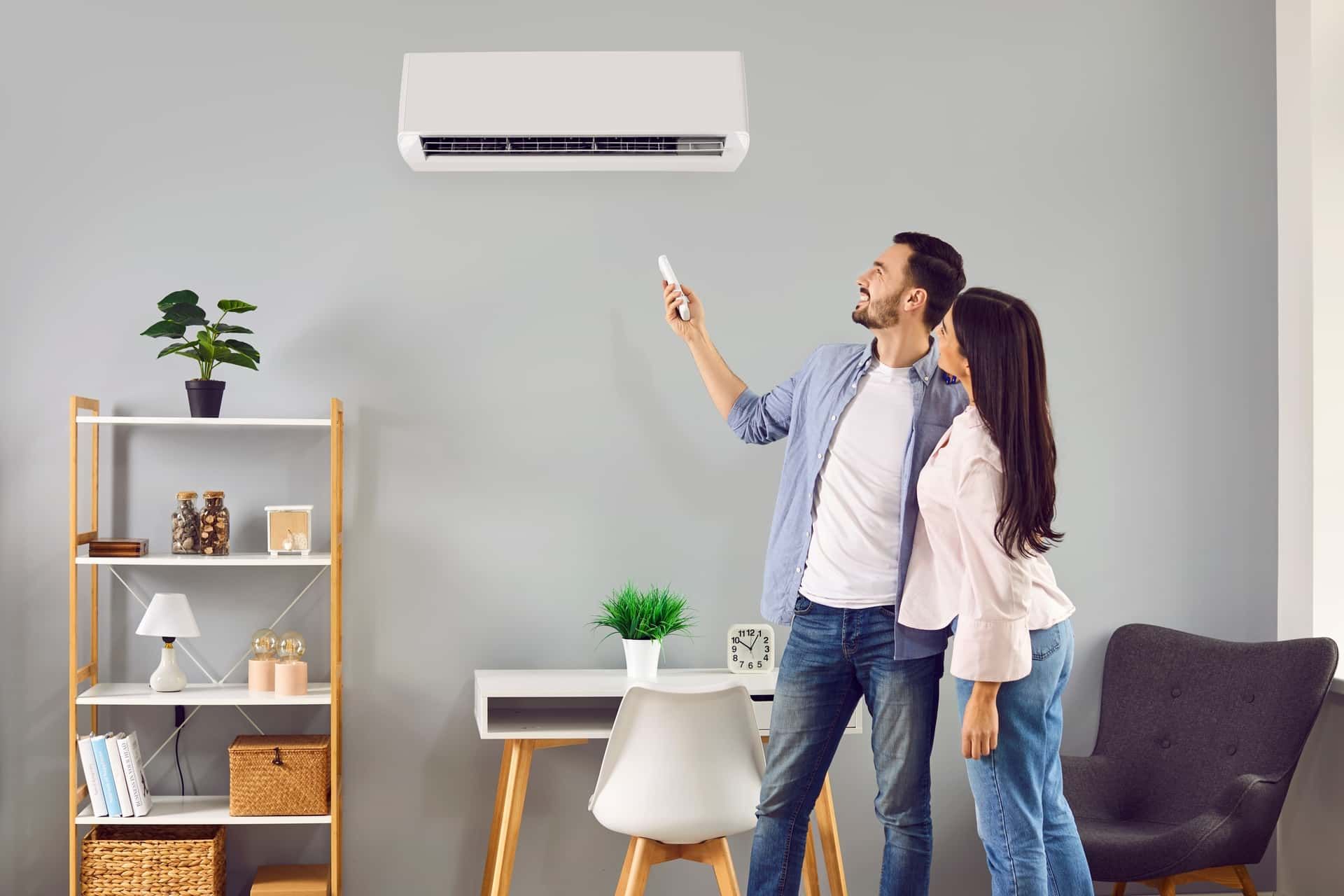
As the weather shifts, ensuring your HVAC system is prepared for the change is essential for keeping your home comfortable and avoiding any issues. Getting your system ready can enhance its efficiency and lengthen its lifespan. Save you money on energy costs and potential repairs.
This article will walk you through the steps to prepare your HVAC system for seasonal changes, ensuring it runs smoothly and effectively throughout the year.
Why Seasonal HVAC Maintenance Matters?
1. Boosts Efficiency
Maintenance helps maintain the efficiency of your HVAC system. A well-kept system consumes energy, reduces utility expenses, and reduces environmental impact.
2. Prevents Costly Repairs
By addressing problems during maintenance, you can prevent them from turning into major issues requiring costly repairs or equipment replacements.
3. Enhances Indoor Air Quality
A clean HVAC system reduces dust, allergens, and pollutants in your living space, promoting health and comfort for you and your loved ones.
4. Prolongs System Lifespan
Consistent maintenance can significantly extend the life of your HVAC equipment by ensuring all parts function correctly while minimizing wear and tear.
Steps to Prepare Your HVAC System for Seasonal Changes
1. Inspect and Replace Air Filters
One simplest yet most effective maintenance task is checking and replacing your HVAC air filters. Dirty or clogged filters restrict airflow, making your system work harder and reducing efficiency.
- Frequency: Inspect filters monthly and replace them every 1-3 months or as the manufacturer recommends.
- Types: Choose high-quality filters for your HVAC system to enhance indoor air quality and system performance.
2. Clean the Condenser Coils
Condenser coils, located in the outdoor unit, play a critical role in the heat exchange process. Over time, they can accumulate dirt and debris, reducing efficiency and leading to potential system overheating.
- Cleaning Process: Turn off the power to the unit and use a soft brush or a vacuum to remove debris from the coils gently. For deeper cleaning, consider using a coil cleaner.
3. Check and Clean the Evaporator Coils
Evaporator coils are essential for cooling your home by absorbing heat from the air inside. Dirty coils can reduce the system's cooling ability.
- Cleaning Process: Similar to condenser coils, turn off the power and carefully clean the coils using a coil cleaner or a mixture of water and mild detergent. Rinse thoroughly and ensure they are dry before turning the system back on.
4. Inspect the Thermostat
A malfunctioning thermostat can lead to inefficient system operation and discomfort. Ensure your thermostat is working correctly and accurately reading the temperature.
- Upgrade Considerations: Consider upgrading to a programmable or smart thermostat for more precise control over your home's nature and energy use.
5. Check Ductwork for Leaks and Obstructions
Leaky or obstructed ductwork can cause significant energy loss and reduce the efficiency of your HVAC system.
- Inspection: Check for visible leaks, disconnected joints, or areas where air might escape.
- Sealing: Use duct tape or mastic sealant to seal any leaks and clear obstructions to ensure proper airflow.
6. Clean and Unblock Vents and Registers
Blocked vents and registers can restrict airflow, making your system work harder and reducing efficiency.
- Cleaning: Regularly vacuum vents and registers to remove dust and debris.
- Unblocking: Ensure that furniture or other objects are not blocking air flow from vents and registers.
7. Test System Performance
Before the season changes, it's essential to test your HVAC system to ensure it's operating correctly.
- Cooling System: Test the air conditioner in the spring to ensure it's ready for the hot summer months.
- Heating System: Test the heating system in the fall to ensure it's printed for the cold winter season.
8. Schedule Professional Maintenance
While regular DIY maintenance is essential, professional inspections and maintenance are crucial for ensuring your HVAC system is in top condition.
- Frequency: Schedule professional maintenance at least once a year, ideally in the spring for cooling systems and in the fall for heating systems.
- Benefits: A trusted technician can identify potential issues before they become significant problems and perform thorough cleaning and inspections beyond routine DIY tasks.
Seasonal Maintenance Tips for Different HVAC Systems
1. For Central Air Conditioning Systems
- Pre-Summer Check: Ensure the refrigerant levels are correct, the condenser coils are clean, and the system is leak-free.
- Filter Replacement: Replace or clean filters before the cooling season begins to ensure optimal airflow and efficiency.
2. For Heat Pumps
- Dual-Season Use: Heat pumps are used for heating and cooling, so regular checks are crucial. Inspect the outdoor unit for debris, clean the coils, and check the refrigerant levels.
3. For Furnaces
- Pre-Winter Check: Inspect the burner assembly, heat exchanger, and flue system. Ensure the pilot light or electronic ignition system is functioning correctly.
- Filter Replacement: Replace or clean filters before the heating season to ensure proper airflow and efficiency.
4. For Ductless Mini-Split Systems
- Filter Cleaning: Regularly clean or replace the filters to maintain airflow and system efficiency.
- Outdoor Unit: Ensure the outdoor unit is free from debris and obstructions that could impact performance.
The Importance of Hiring a Trusted Technician
While many
HVAC maintenance tasks can be performed by homeowners, hiring a trusted technician for professional maintenance is crucial for several reasons:
- Expertise: Professionals have the knowledge and tools to identify and fix issues that may be absent to homeowners.
- Safety: Technicians are trained to handle complex HVAC systems safely, reducing the risk of accidents or damage to your system.
- Comprehensive Service: A professional technician will provide a thorough inspection and maintenance service, ensuring all HVAC system components function correctly.
Conclusion
To keep your home comfortable and energy efficient, it's essential to get your HVAC system ready for the changing seasons. Regular maintenance can boost performance, extend lifespan, enhance air quality, and prevent breakdowns. Following the steps in this guide and arranging maintenance with a reliable technician ensures that your HVAC system runs smoothly and efficiently all year.
Get expert HVAC tips for seasonal change ensure comfort and efficiency with
Gleason Heating and Air Conditioning, Wauconda Illinois. Our skilled technicians are committed to delivering top-quality service to keep your HVAC system in shape every season.
Disclaimer: The information on this website and blog is for general informational purposes only and is not professional advice. We make no guarantees of accuracy or completeness. We disclaim all liability for errors, omissions, or reliance on this content. Always consult a qualified professional for specific guidance.

